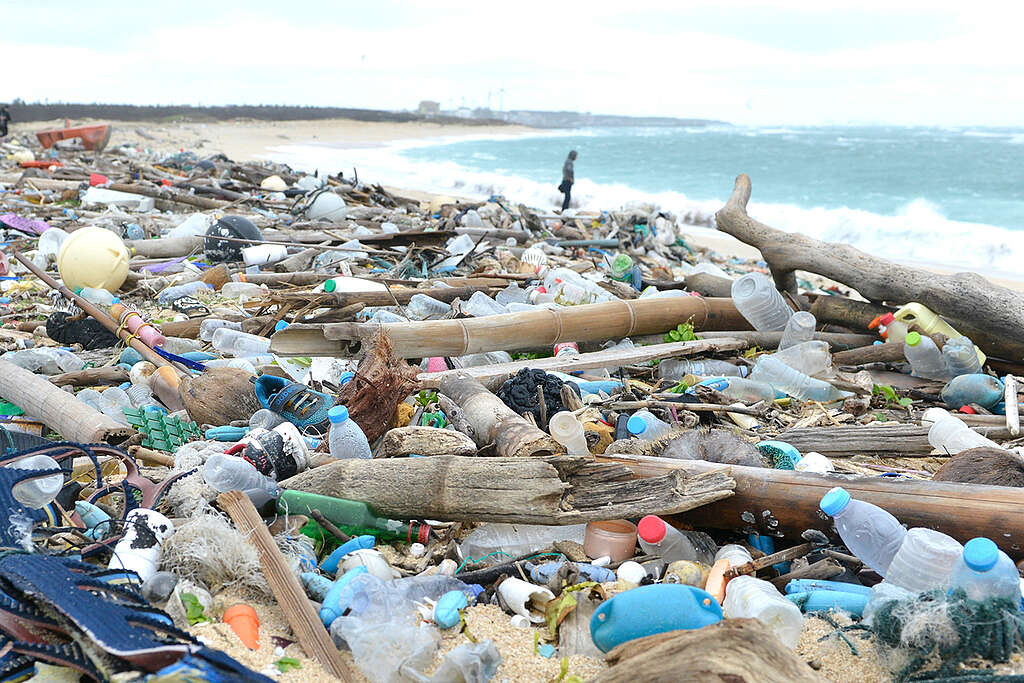
The Myths of Recycling
Plastic recycling was never designed to handle the massive scale of plastic production. Scientists estimate that only 9% of all the plastic waste ever produced up until 2015 has actually been recycled.
Recycling a false solution: the 50-year lie
For over 50 years, Big Oil and the plastics industry have deceptively promoted recycling—knowing it isn’t viable on a large scale—to shift responsibility onto consumers and evade accountability for the pollution crisis they created.
A 2022 Greenpeace USA report revealed that plastic recycling rates in the U.S. are dismally low, at just 5%. Without strict standards for sorting, quality, and destination of plastic waste, much of what is recycled is actually downcycled into lower-quality, less functional materials. Even worse, these recycled plastics often contain higher levels of toxic chemicals, making them less safe for human use.
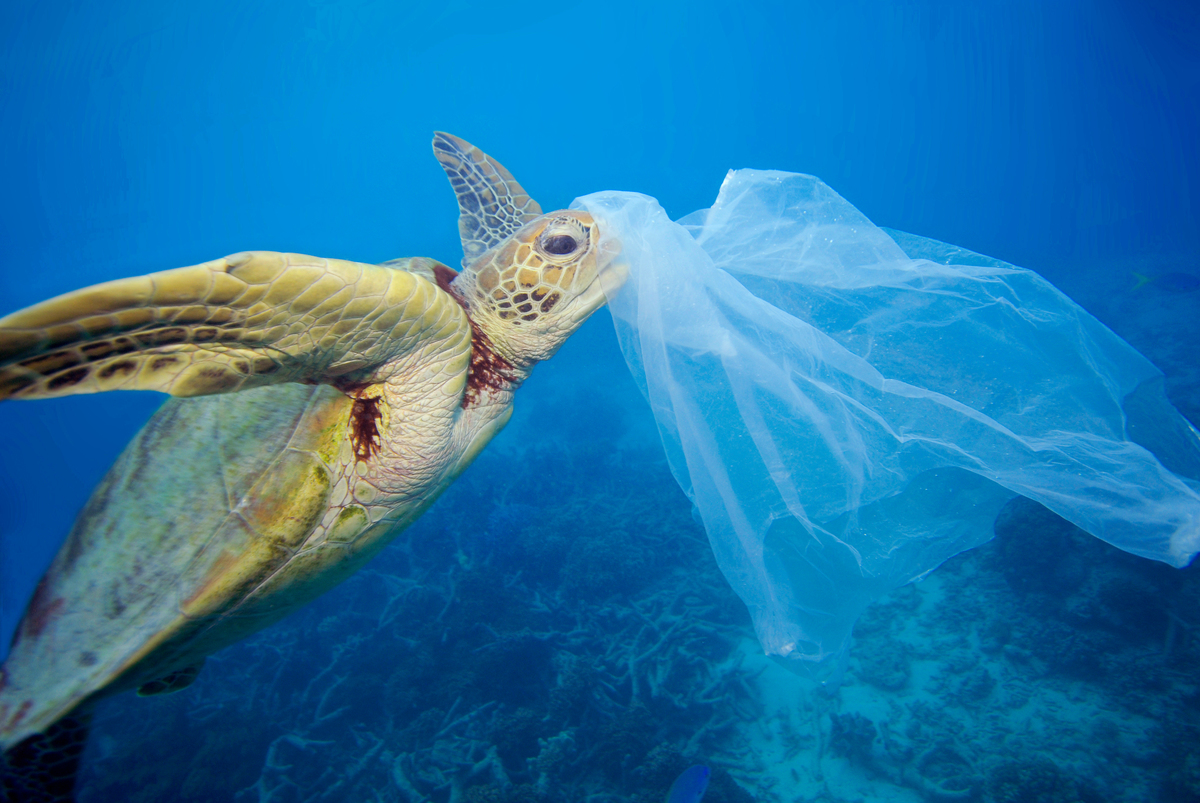
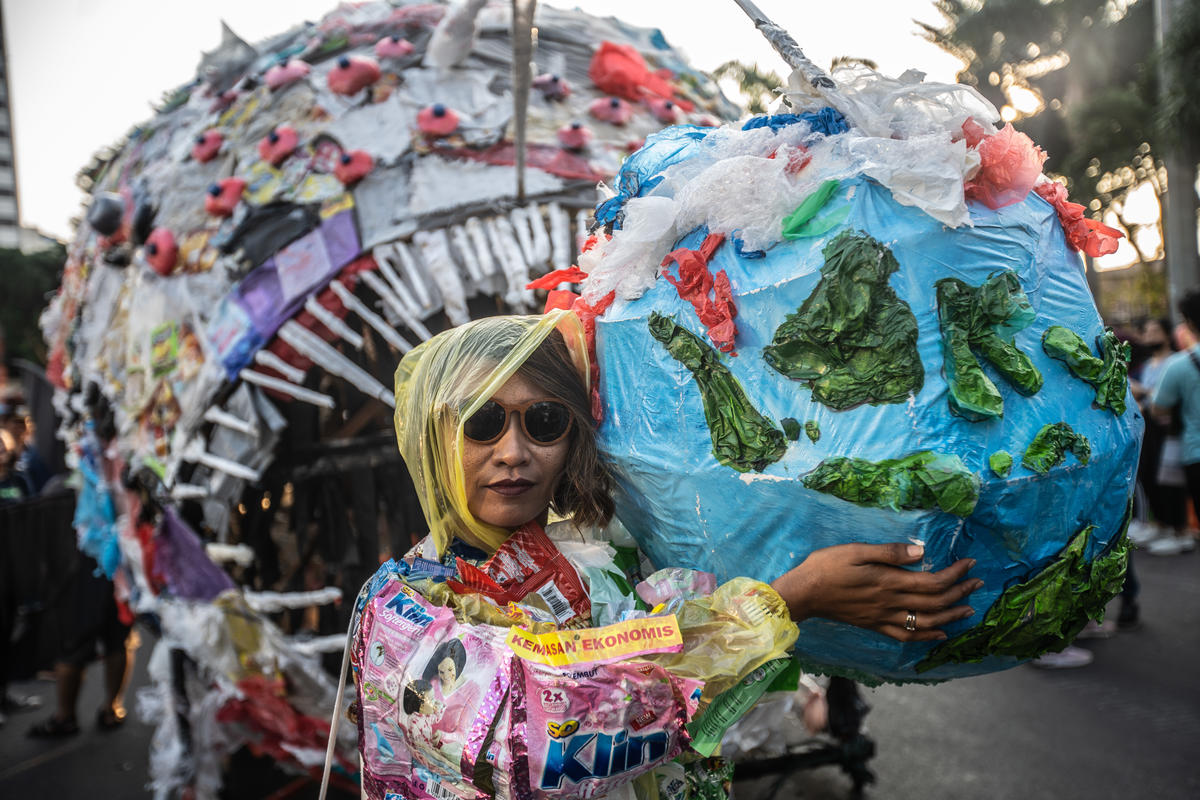
Additionally, much of the packaging collected for “recycling” in the Global North is exported to the Global South, where inadequate infrastructure and regulations make it difficult to manage the influx of trash from both domestic and foreign sources. Before banning the trade in 2018, China alone imported nearly 8 million tons of plastic waste annually; today, Southeast Asia has become the top destination.
With plastic production projected to triple by 2050, recycling alone cannot solve the plastic pollution crisis. It’s like trying to mop up an overflowing bathtub without turning off the tap. To truly tackle plastic pollution, we must focus on upstream solutions that cut plastic production at its source. We must start by turning off the tap.
How to tackle the plastic crisis
We refuse to be misled by these false solutions any longer–the time has come to stop throwaway plastic for good. Recycling alone is not enough; it must be part of a broader transformation of how we produce and consume plastics. Consumer goods companies, the largest users of single-use plastic, must fundamentally change how they deliver their products. This means adapting proven solutions like refill and reuse systems, plastic-free packaging, or a mix of these approaches. While alternatives are emerging globally, even more innovation is necessary to create change at the scale needed.
With their vast resources, businesses have the opportunity to drive this shift by becoming leaders in the innovation and adoption of new delivery and packaging systems.
Some progressive and ambitious businesses from around the world have already taken a stand, signing an open letter calling on world governments to negotiate an ambitious Global Plastic Treaty that will cut plastic production for good – and make it easier for companies to do the right thing.
Learn more about…
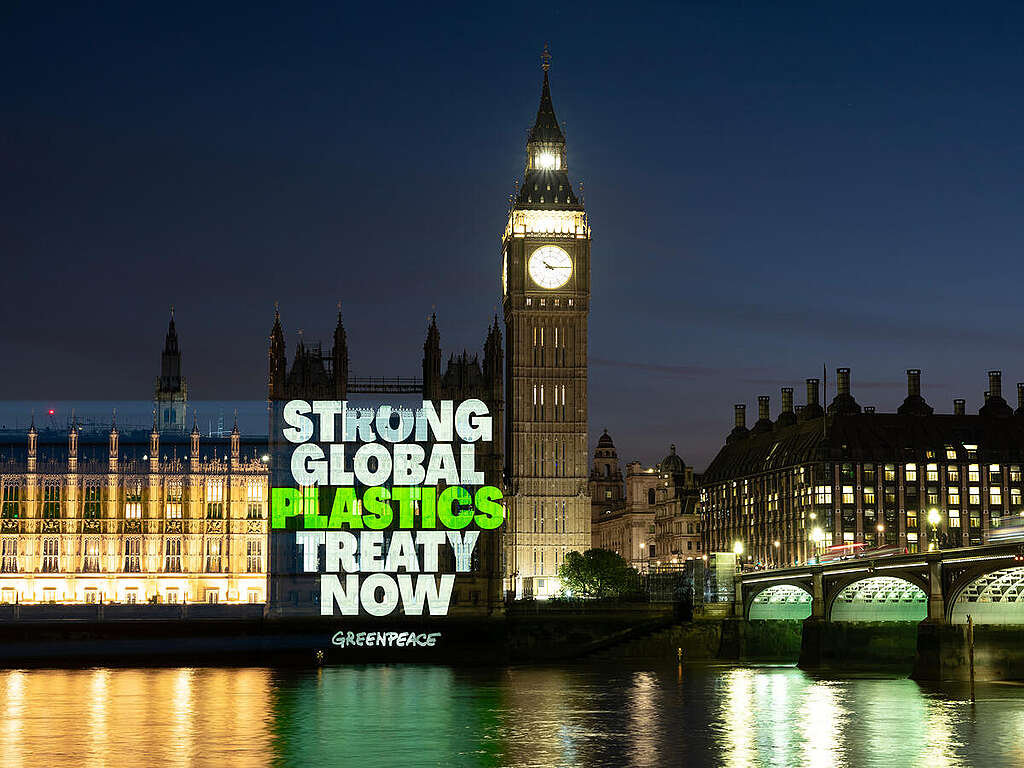
The Global Plastics Treaty
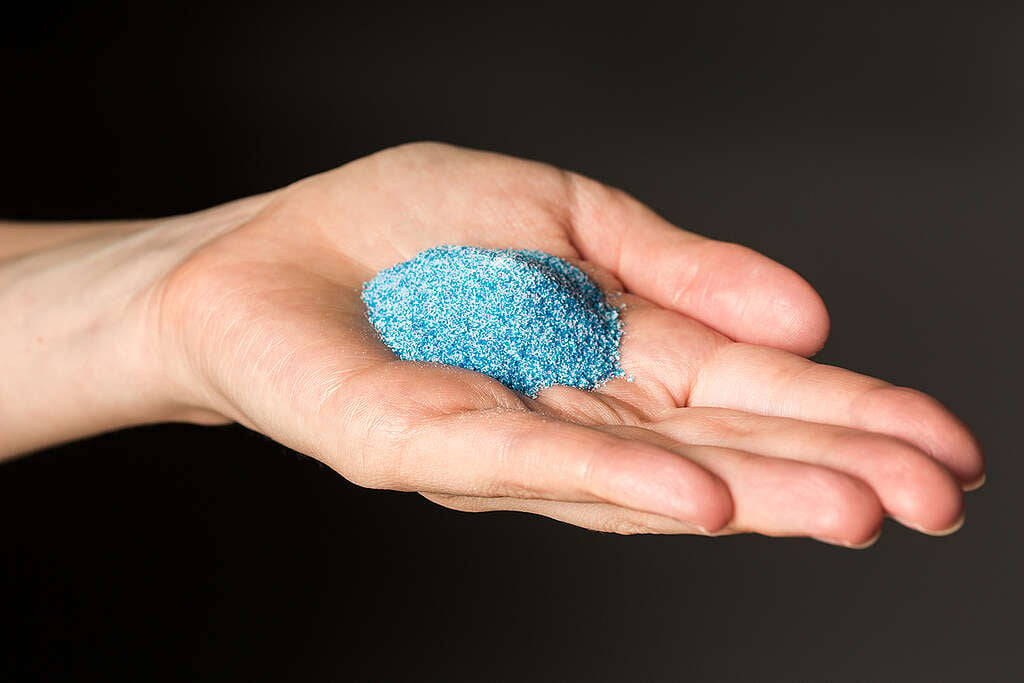
Plastics and health
-

Circular Claims Fall Flat Again
A recent Organization for Economic Co-operation and Development (OECD) report projects that global plastic use and waste will nearly triple by 2060 with a meager increase in plastic recycling, resulting in a doubling of global plastic pollution. The United States Department of Energy (U.S. DOE) estimated that the volume of plastic waste in the U.S.…
-
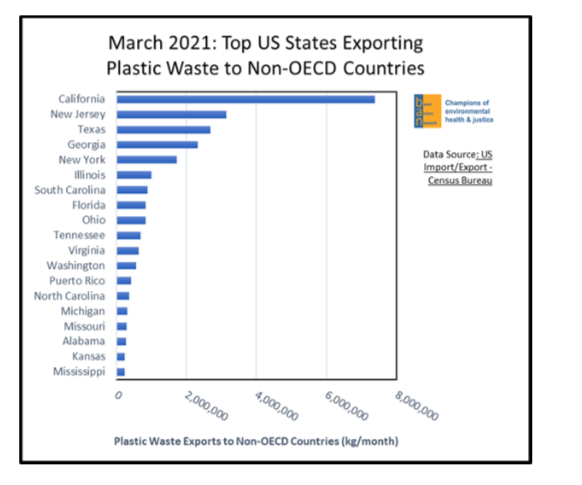
Acceptance of Unrecyclable Plastic Products and California’s Continued Exports of Plastic Waste Exports to Non-OECD Countries
To Statewide Commission on Recycling Markets and Curbside Recycling SUBJECT: Acceptance of Unrecyclable Plastic Products and California’s Continued Exports of Plastic Waste Exports to Non-OECD Countries The co-signers of this…
-
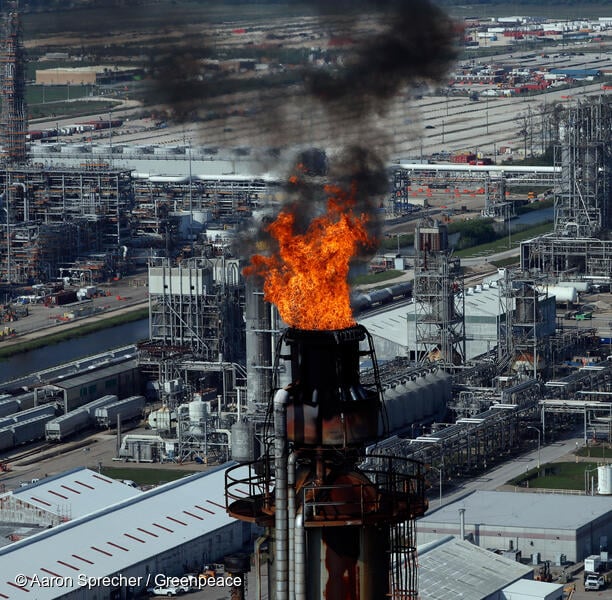
Deception by the Numbers: Claims about Chemical Recycling Don’t Hold Up to Scrutiny
Despite decades of deceptive industry marketing, we know we can’t recycle our way out of the plastic pollution crisis. But the companies making and selling plastic—and their trade association surrogate,…
-
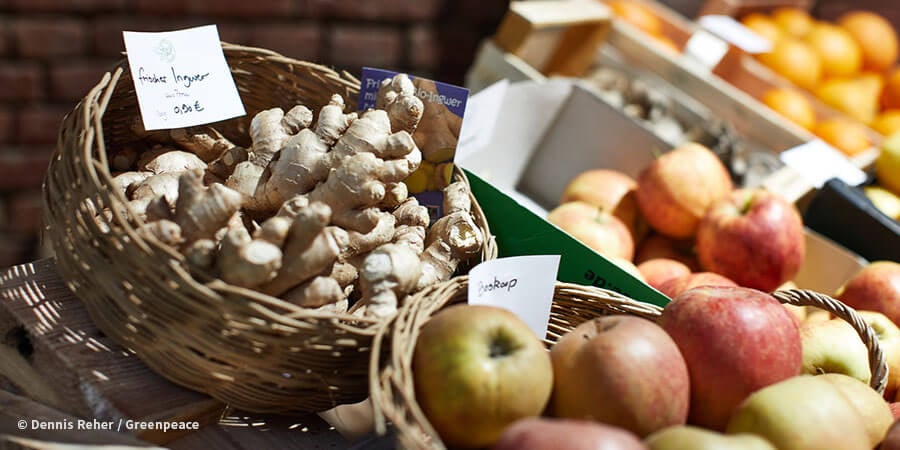
Reusables are doable
It is time to stop treating people and the planet as disposable. To save our climate and ensure healthy communities for everyone, we must end our reliance on cheap throwaway plastics.
-
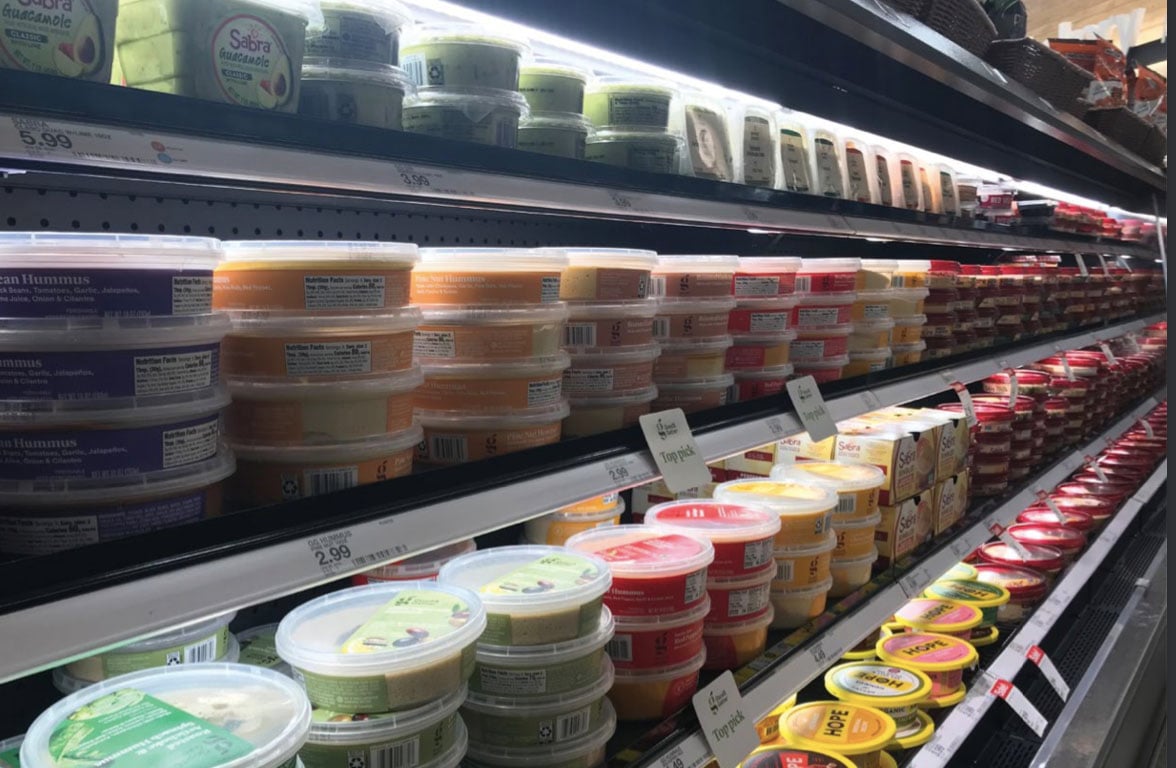
Report: Circular Claims Fall Flat
In a new Greenpeace report, a comprehensive survey of plastic product waste collection, sortation and reprocessing in the United States (U.S.) was performed to determine the legitimacy of “recyclable” claims…
-
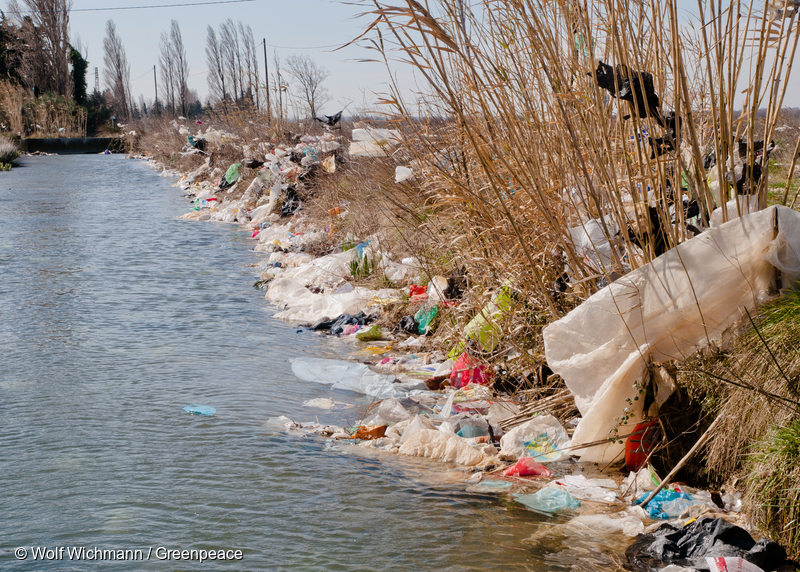
Throwing Away the Future: How Companies Still Have It Wrong on Plastic Pollution “Solutions”
A Greenpeace USA report released today, Throwing Away the Future: How Companies Still Have It Wrong on Plastic Pollution “Solutions,” warns consumers to be skeptical of the so-called solutions announced…
